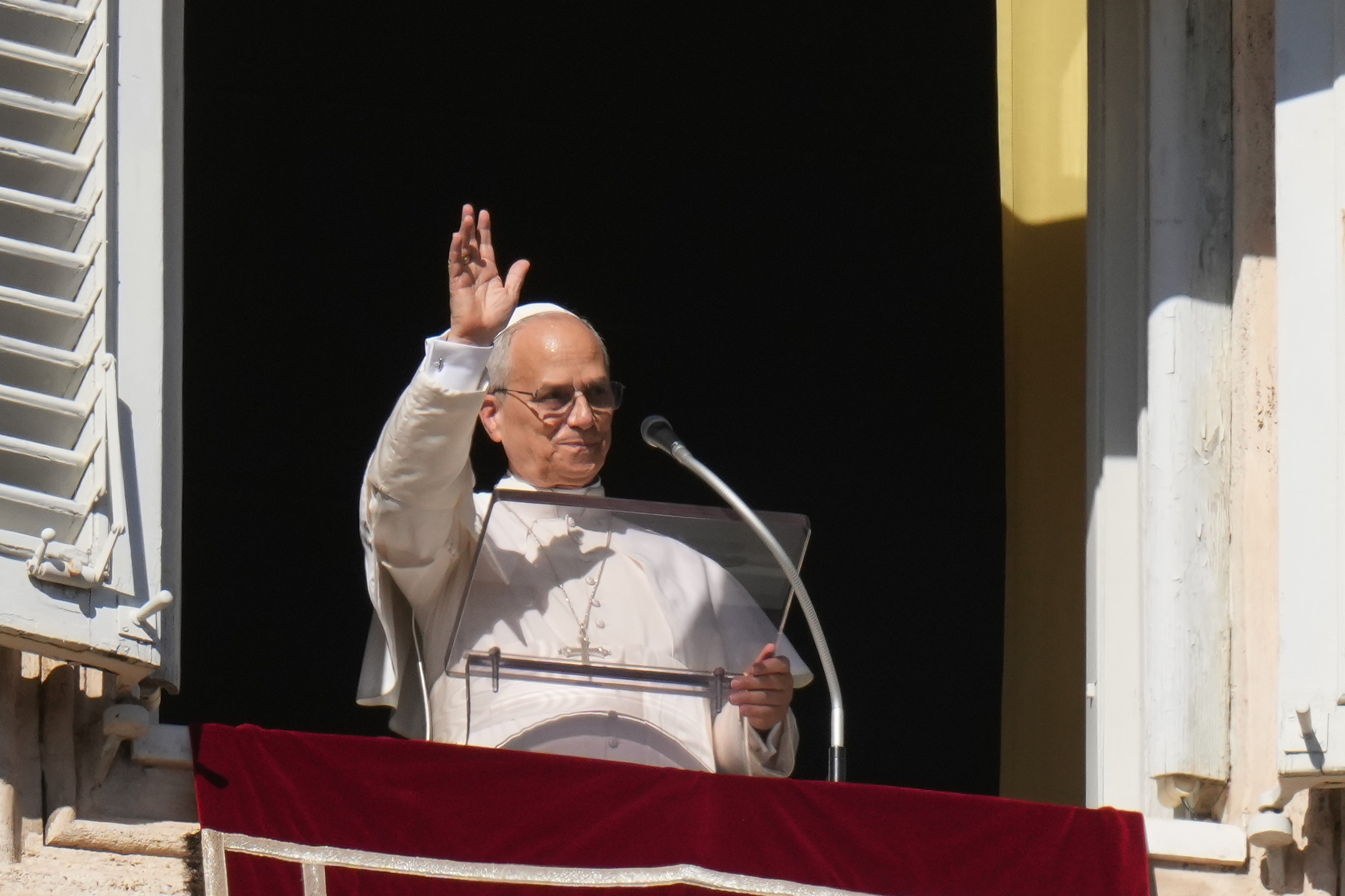Pope Leo XIV has urged entrepreneurs and communicators worldwide, especially creators of Artificial Intelligence (AI), to act with "courage and honesty" promoting the human being as the center of business organizations to "care for the common good," as he posted on his profile on the social network X.
At a crucial moment, more for the present than the future, the successor of St. Peter has warned "all creators of Artificial Intelligence" to "cultivate moral discernment as an essential part of their work" and thus reflect "justice, solidarity, and genuine reverence for life." His message comes at a crucial time when major tech companies accumulate astronomical market capitalizations, compete for global market dominance, and introduce disruptive innovations that could have a negative impact in terms of job losses.
The humanism that Leo XIV encourages in organizations and businesses must have "a critical sense" with the ability to ask questions that go beyond a material end such as: "Where are we going? For whom and for what are we working? In what way are we making the world better?" In this way, the Pope promotes the idea that earthly goods (the economy) are not the ultimate end of the human being but are means "to help in the pursuit of the end for which they were created," as developed by St. Ignatius of Loyola.
Leo XIV also continues the teachings of Leo XIII - who inspired him in choosing his name - the initiator of the Church's social doctrine that defended private property and the dignity of workers during the Second Industrial Revolution in his encyclical Rerum Novarum. The successor of Francis maintains that "none of you is absorbed by an organization to the point of becoming a cog in its machinery, or a mere function," again referring to work as a means and not an end. Furthermore, the Supreme Pontiff asserts regarding the communication economy that "Transparency of sources and ownership, accountability, quality, clarity, and objectivity are the keys truly to open to all peoples the right of citizenship."
It is not common for the head of the Church to speak directly about the economy or address entrepreneurs - much less to demand morality from a particular economic sector - which could provide clues about one of his main concerns at the beginning of his Papacy.
The tweets published by the Holy Father this Friday are understood as a homily of today's Gospel, in which Jesus tells a parable to his disciples about a manager who had squandered his master's possessions. Upon realizing this, the rich man demands an account. The manager manages to restore his master's goods. The master acknowledges his ability and allows him to stay in the house and thus enjoy eternal life, the end for which he was created.
Following this parable, Leo XIV places new technologies "can be a form of participation in the divine act of creation" which entail "an ethical and spiritual weight, for every design choice expresses a vision of humanity" that must use goods to achieve the end for which they were created, like the manager in the parable.
